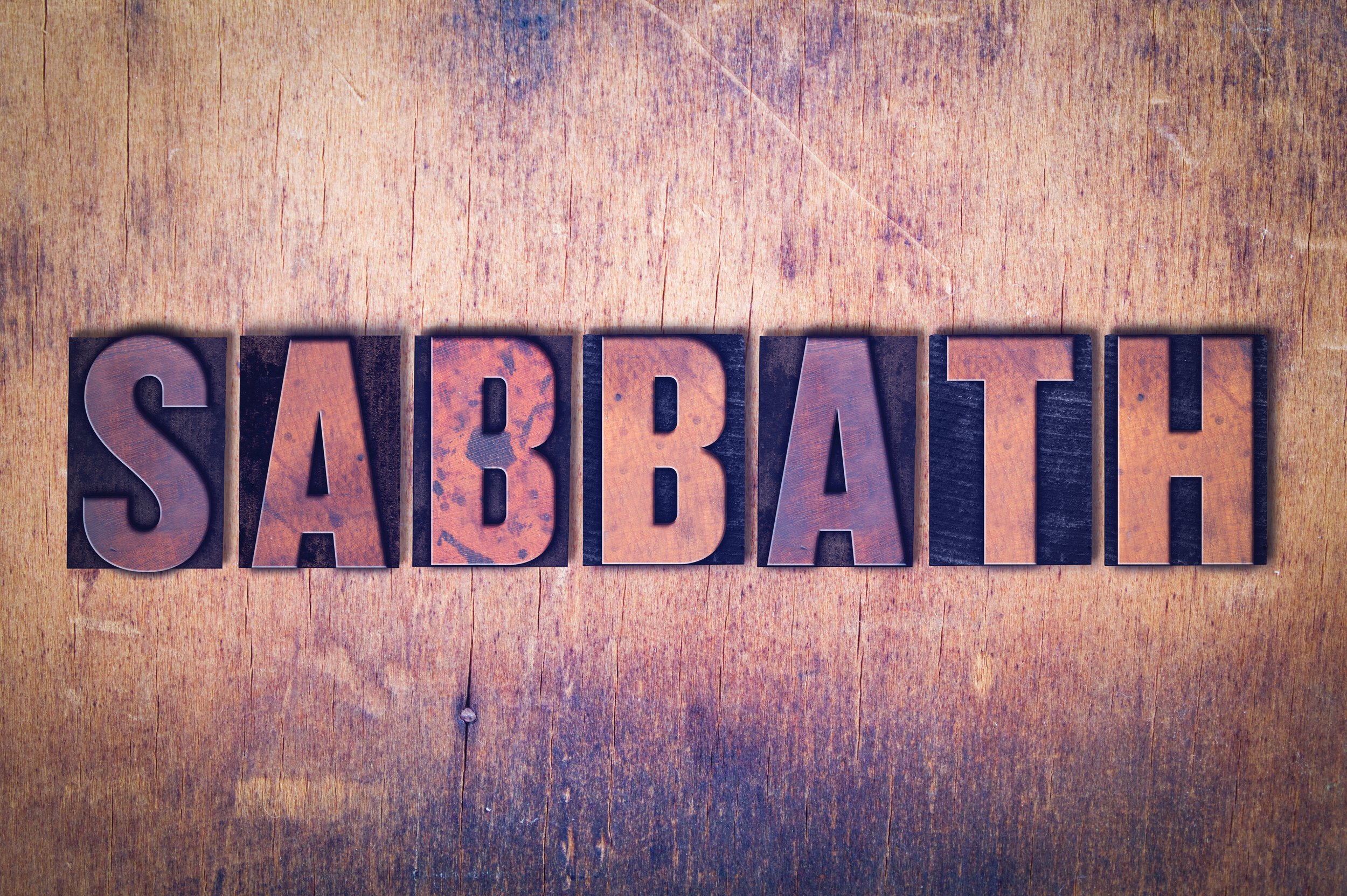The Sabbath Conflicts Summarized
In the end, Jewish law came to similar conclusions as our Master, albeit by different lines of justification. Today, Jewish doctors are required to work over the Sabbath (when their duty shift dictates) without raising questions of Sabbath prohibitions. Theoretically, the potential for saving a life is always present when a doctor is on duty, but Jewish law now allows the Jewish doctor to conduct all medical procedures whether life is threatened or not, so long as he is on duty with the potential to save a life.
In the Synoptic Gospels, Jesus based His argument for healing on the Sabbath primarily upon the rabbinic principle of kal vechomer, from the light to the heavy: "If it is permissible to violate Shabbat in order to do good to animals and alleviate their suffering, how much more so is it permissible to do the same for human beings?" These acts, though justifiable, still breach the Shabbat. Likewise, He justified the disciples' act of picking grain to alleviate their hunger on the same basis.
Rabbi Jesus prioritized the alleviation of human suffering above the prohibitions of the Sabbath on the basis of Hosea 6:6:
"I delight in compassion (chesed) rather than sacrifice, and in the knowledge of God rather than burnt offerings.”
If picking and husking grain, healing a withered arm, lifting an ox out of a pit, and tethering and un-tethering an ox or donkey to lead it to water did not actually constitute legal violations of the Sabbath, Jesus could have simply said so. He would not have needed to bother with a halachic justification that attempted to demonstrate why it should be permissible to violate the Sabbath in these instances.
For many Bible readers, this distinction may be too obscure, but if missed, the reader also misses the message of all the Sabbath stories in the Gospels. The essential message is not that Jesus has canceled the Sabbath or that the rabbinic interpretation of Sabbath is illegitimate. The Sabbath conflict stories instead communicate that acts of compassion and mercy performed to alleviate human suffering take precedence over the ritual taboo. The miraculous power by which Jesus performs the healings only serves to add God's endorsement to Rabbi Jesus’ halachic, legal rationale.
Did Jesus’ disciples break the Sabbath in the grain fields? Yes. But they were justified in so doing because their need took precedence, just as the hunger of David and his men took precedence over the Temple service, and the Temple service took precedence over the Sabbath. Therefore Jesus declared them guiltless and told the Pharisees, "If you had known what this means, ‘I desire compassion, and not a sacrifice,’ you would not have condemned the innocent" (Matthew 12:7).
Did the Master break the Sabbath when He healed on the Sabbath day? Yes. Would fixing a car break the Sabbath? Of course it would, and by the same standard, so does fixing a human body. Nevertheless, the Master justified doing so because compassion for His fellow man took precedence over the Sabbath.
Outside of this exception of doing good and offering compassion to alleviate human suffering, Jesus did not deem the aforementioned violations justifiable. If the disciples picked and husked the grain and carried it away in their pockets or threw it on the ground, they would have broken the Sabbath without justification. If Jesus decided to apply His healing power to cracked pottery, and if, instead of healing human beings, He began to miraculouslv heal cracks in pottery on the Sabbath just for the sake of repairing pottery, He would have been breaking the Sabbath without justification, because pots are not lord of the Sabbath and the Sabbath was not made for pots.
The Son of Man who took such great delight in healing the afflictions of His fellow Jews on the holy Sabbath day thereby revealed the true nature of that day of redemption. He also revealed the true heart of the Father who made the Sabbath for man and not man for the Sabbath and who made man the lord of the Sabbath, that man should "call the Sabbath a delight and the holy day of the LORD honorable" (Isaiah 58:13).
